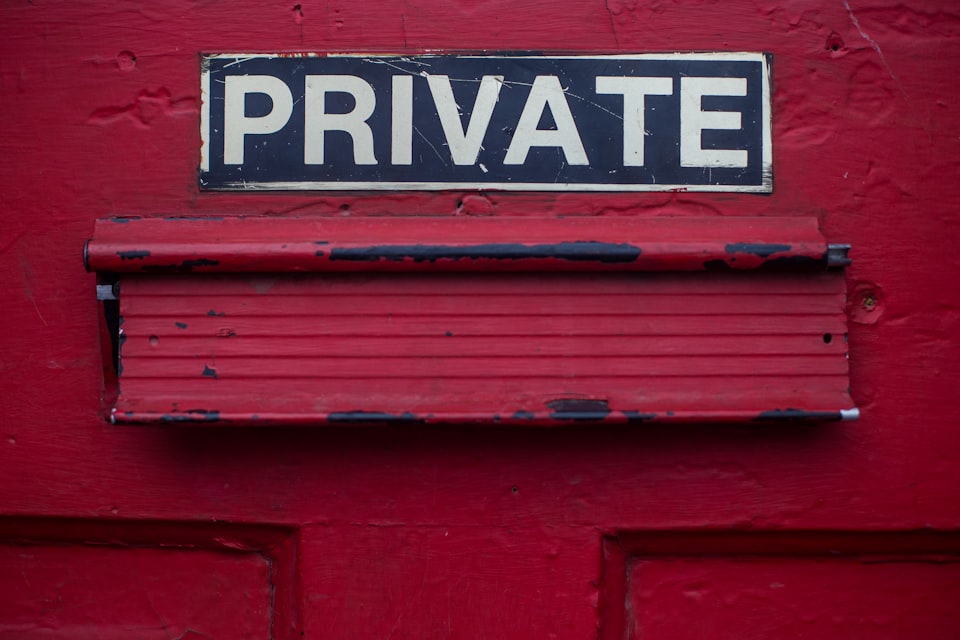I was in a restaurant the other day, seated next to a mother with 3 children – ages 7 – 14 years old. Mom had snapped a picture of her girls and was posting it online when a debate broke out with her 10 year old. The daughter was questioning her mother's right to post the picture without her explicit permission.
I found this conversation reassuring! For years, I have believed that younger consumers had no perception of privacy. My eldest niece graduated high school recently and her life story has been published since before she was born. Birth announcement, sonograms, bath time photos, bowel movements, hair cuts – all things we have come to expect (and abhor) published on social media. These missives were posted and de-privatized without her consent. As a matter of fact, she "inherited" a consent already given when, in some cases, she was allowed to take over the social channels branded in her name.
I am not arguing the validity of parental rights, consent or the moral implications. I just want to demonstrate the result. There are generations of consumers that have no concept of "privacy" or "private data." It is an assumed state of openess and digital exchange. The public is finally becoming aware that their data, activities and preferences are currency to the platforms and services they use. Frankly, if you're not paying for a software/service, you should conclude that you are the product.
I would rather ponder how to educate folks that haven't recognized this fact. Are we sufficiently protecting these folks? Or protecting their data in some fashion for our use? What if we found a way to be open and monetize its usage. This would provide value to the user, and room to bargain with what is shared.

